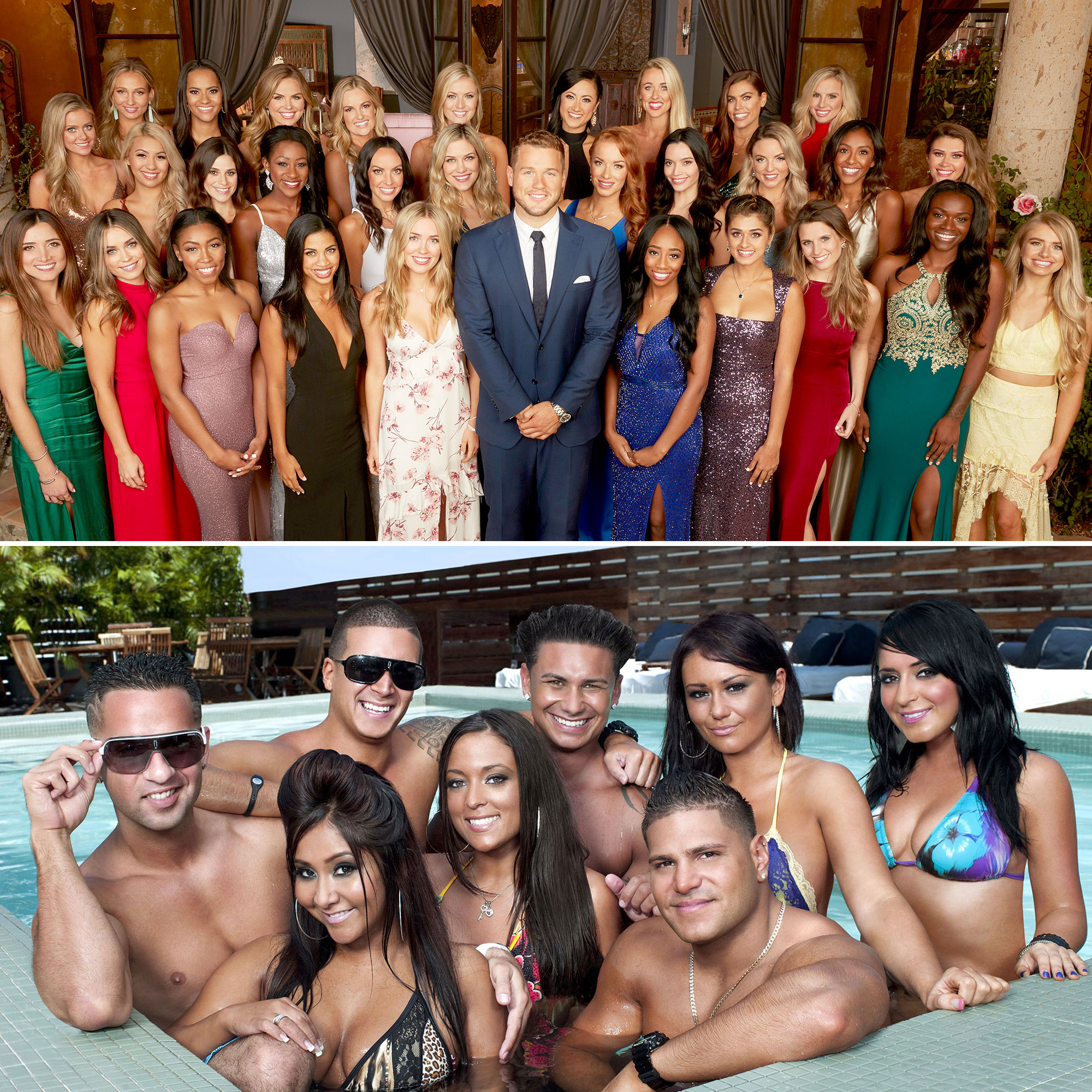Global Insights Hub
Stay informed with the latest updates and diverse perspectives.
Reality TV: Where Drama Meets the Unscripted
Dive into the wild world of reality TV, where unscripted drama ignites emotions and keeps you on the edge of your seat!
The Evolution of Reality TV: From Scripted to Unscripted Phenomena
The evolution of reality TV has transformed the landscape of television entertainment, moving away from heavily scripted dramas and sitcoms to embrace a more authentic representation of real-life situations. Initially, shows like MTV's The Real World pioneered this genre in the early 1990s, blending real-life narratives with selective editing to create compelling storylines. As this new format gained popularity, numerous shows emerged, exploring various themes such as competition, lifestyle, and celebrity culture. The rise of the unscripted genre led to the birth of iconic series like Survivor and American Idol, which captivated audiences and became cultural phenomena.
In recent years, the definition of reality TV has expanded even further, with a mix of scripted and unscripted elements becoming the norm. New formats like docuseries and reality competitions have introduced greater complexity and depth to storytelling. Additionally, platforms like Netflix and Hulu have provided a space for original reality content, allowing creators to explore unique narratives that were previously overlooked. As we look to the future, it is clear that the evolution of reality TV will continue blurring the lines between fiction and reality, solidifying its position as a staple of modern entertainment.

Behind the Scenes: How Reality TV Producers Create Drama
Behind the scenes of reality TV, producers employ various techniques to fabricate the gripping drama that keeps audiences glued to their screens. One method involves the strategic editing of footage. Producers sift through hours of raw material, selecting moments that highlight conflicts or emotional highs. This careful curation not only shapes the narrative but also influences viewer perception, making them feel more invested in the unfolding stories. Furthermore, producers often orchestrate situations by placing contestants in challenging environments, which naturally stirs emotions and leads to explosive interactions.
In addition to editing, producers use casting strategies to ensure a dynamic mix of personalities. By selecting individuals with contrasting backgrounds and strong opinions, they create a fertile ground for conflict. The producers also intervene during filming, sometimes prompting contestants with leading questions or situations designed to elicit heightened reactions. This interaction between the producers and participants is crucial in crafting the compelling storylines that define the genre. Ultimately, the art of creating drama in reality TV is a well-orchestrated blend of editing, casting, and producer intervention.
Why Do We Love Reality TV? Exploring the Psychology Behind the Genre
Reality TV has become a cultural phenomenon, captivating millions of viewers worldwide. But what is it about this genre that keeps us coming back for more? One reason lies in the psychological appeal of voyeurism, as we indulge in the lives of others, often feeling a sense of connection or superiority. We experience a range of emotions, from laughter to outrage, as we see real people navigating challenges and triumphs. This dynamic draws us into their stories, allowing audiences to escape their own lives and experience drama from a safe distance.
Furthermore, many people are drawn to reality TV due to the sense of community it fosters. Fans often engage in discussions on social media, forming connections over shared opinions and reactions. This collective viewing experience creates a cultural dialogue that enhances our enjoyment of the shows. Additionally, the unpredictable nature of reality television keeps us on the edge of our seats, making it impossible to predict the outcomes. This thrill of uncertainty, combined with a glimpse into authentic human behavior, explains why reality TV continues to hold a special place in our hearts and televisions.